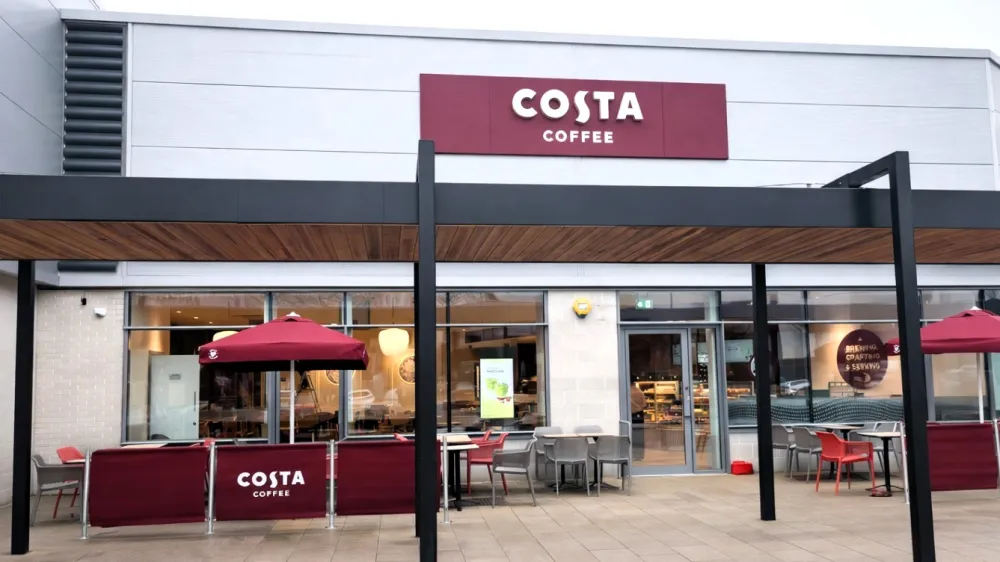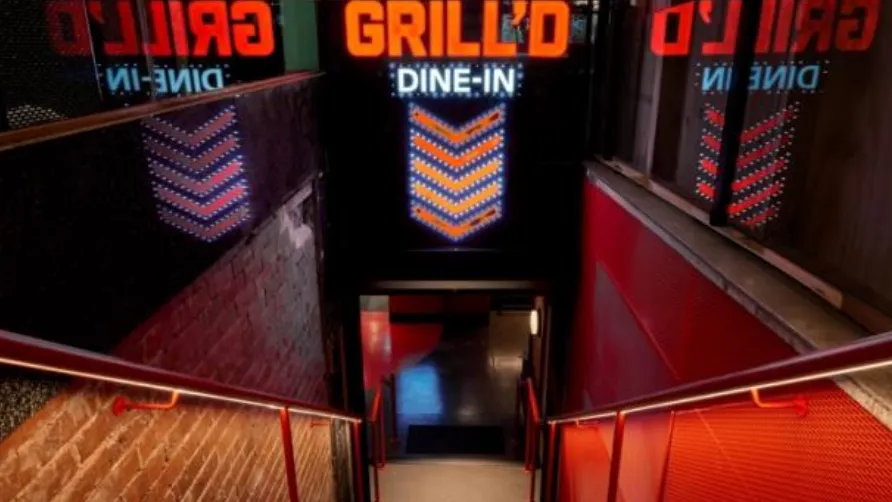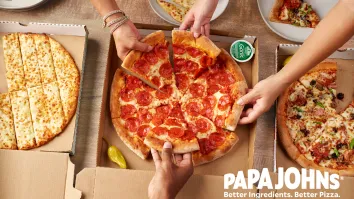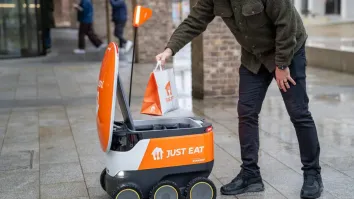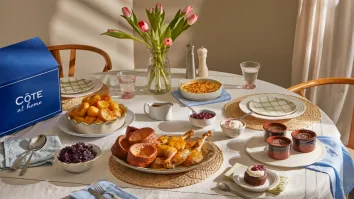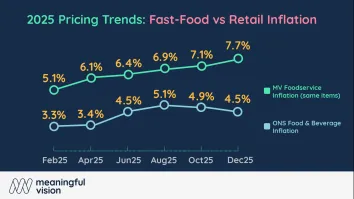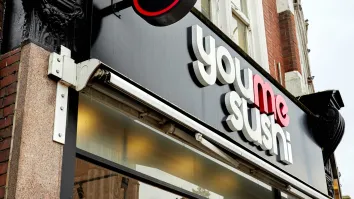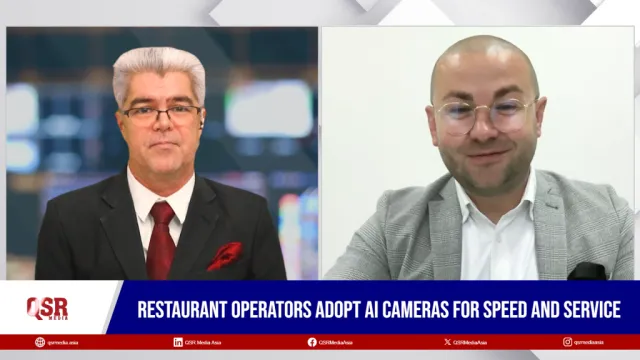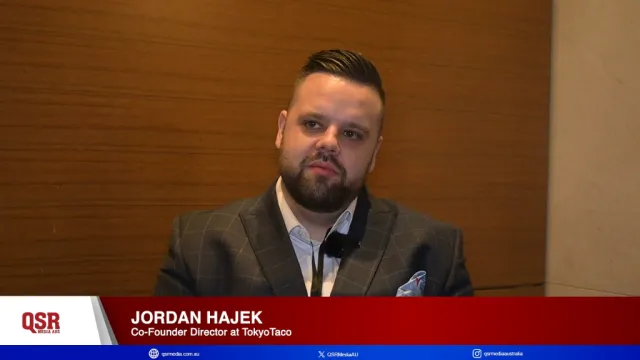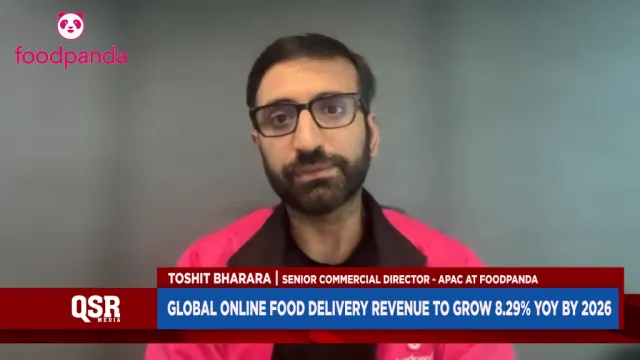People want experiences – but not at the cost of food & beverage
By Philip HarrisonI wrote recently on the subject of the relative importance of the F&B offer, the service standards and the environment in the dining out sector. This was in response to some current thinking that suggests when dining out consumers no longer have the food and beverage offer as a priority and are instead seeking ‘experiences’. I have said I don’t think that is the case, but that’s another article. So how does this thinking translate into what is ostensibly the transactional world of QSR?
The QSR industry is a complex space. It’s a category which spans everything from the international giants of McDonald's and KFC, churning out millions of meals a day to customers around the world, to worker lunchtime favourites such as Pret and Leon, to more premium QSR offers such as Chicken Shop, Slim Chicken or German Doner Kebab. By definition, these brands are generally, but not exclusively, much less “experiential” or immersive, the focus is on the speed of service and people spending as little time as possible in the venue. A strategy that works for operators and guests alike.
However, the environment is still important in the QSR sector, and to some extent, it transcends a broader range of ‘need states’ than say, casual dining. Why? For some guests, a visit to a fast food restaurant is an evening out so the built environment could be viewed as every bit as important as that in a casual dining environment in delivering a rounded experience. For others, it’s a convenience, a “guaranteed” turnaround time in an environment that suggests cleanliness and a kind of transient stylishness, if I can use that term.
When dining out, consumers in general are looking for something they can’t recreate at home and in the case of QSR the drivers are surely speed and flavour. Whilst it’s not possible for most of us to whip up a burger and fries which satisfy those cravings in under 5 minutes at home, it’s more than feasible to go from ordering to paying to eating in that time in your favourite QSR venue. So, in this instance, it’s the food – and the service, defined by speed and dwell time, that is a priority and underpin the whole experience.
Speed of service is king in QSR. Product quality has to be consistent. The environment has to be engaging and relevant but should reflect the fact that for most guests this remains a transactional experience with limited dwell times – accepting of course that birthday parties for young children are popular and increase the dwell time but this type of usage is the exception rather than the rule.
So, let’s look further into the importance of consistency in the QSR sector and the role of the environment in this. For multi-site operators, consistency of product and speed of service are, as we all know, a given be they company-owned or franchised. In QSR environment often has a similar objective in projecting consistency and, importantly, familiarity. This can be a problem in a fast-moving sector where trends are ever-evolving and where a large estate in a given market can be challenging to remodel, both in terms of capital investment and timeframe. It is therefore important that the environment can transcend fashion and short-term ‘fads’ and remain relevant for as long as possible – not easy in an era of an age of fast change and instant gratification.
Some brands favour an evolving design strategy, which helps in overcoming perceptions of a brand being dated. This is more prevalent in casual dining but has merit in QSR. However, the over-arching criteria has to be to stay on brand in terms of adhering to a defined brand criteria so any brand evolution these days is probably going to be small steps, rather than a step change.
When the brand identity is particularly strong then there is greater “wriggle room” in flexing the designed environment, and this is of particular importance when trading internationally across cultures and varying social norms.
So, as with other food & beverage sectors, the environment in QSR is important as a vehicle to support a brand and its values, but it is much less experiential than other sectors and I’d suggest is definitely not the primary reason for visiting.

